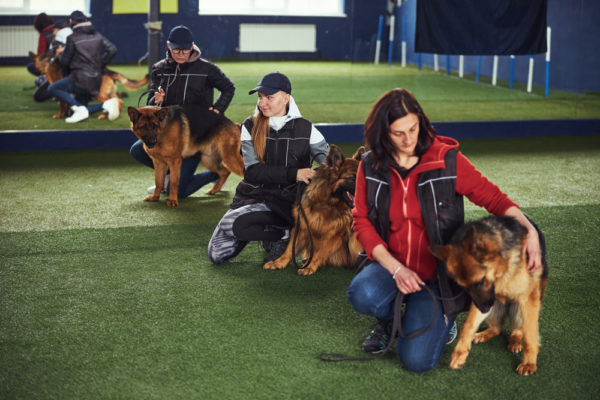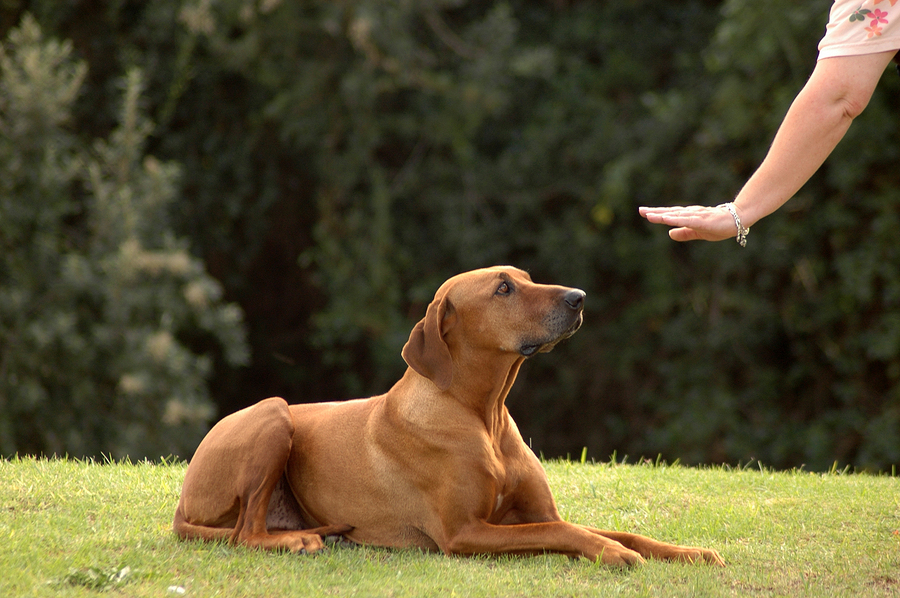Dog Training For Dogs: Professional Advice on Mentor Etiquette
Dog Training For Dogs: Professional Advice on Mentor Etiquette
Blog Article
Leading Canine Educating Techniques for every single Phase of Your Canine's Life
Effective pet dog training is important at every stage of a canine's life, as each stage provides distinct difficulties and possibilities for growth - Dog Training For Dogs. From the foundational bonding strategies essential for young puppies to the tailored methods needed for senior pet dogs, comprehending these essential periods can dramatically improve the human-animal bond. It is essential to identify that training ought to develop alongside a dog's advancement, making sure that techniques continue to be appropriate and reliable. What specific techniques can be used to resolve the differing needs of your canine as it matures? The solution may surprise you.
Pup Training Essentials
Puppy training essentials prepared for a mannerly adult canine and include numerous crucial components that ought to not be forgotten. The preliminary stage of training focuses on establishing a strong bond between the pup and its proprietor, which is vital for effective interaction. Socializing is critical; revealing young puppies to various atmospheres, people, and other pets assists them develop confidence and versatility, minimizing the chance of behavioral issues later on in life.
Basic commands, such as sit, remain, and come, develop the structure of obedience training. Making use of favorable reinforcement strategies, such as deals with and praise, urges wanted habits and fosters a favorable knowing experience. Consistency in commands and training sessions is vital, as puppies prosper on regular and framework.
Furthermore, residence training is an essential element of young puppy training. Establishing a normal timetable for restroom breaks and using designated areas can aid minimize crashes and advertise great behaviors. In general, a well-shaped method to puppy training, integrating socializing, house, and obedience training, establishes the phase for a well-adjusted grown-up canine, making sure an unified partnership between the pet dog and its proprietor.
Teenage Habits Management
As pups mature into adolescents, their behavior can alter substantially, commonly providing brand-new difficulties for proprietors. This developmental stage, normally happening in between six months and two years, is marked by enhanced energy levels, curiosity, and a blossoming feeling of self-reliance. Comprehending these modifications is vital for reliable actions management.
Adolescents might display defiant propensities, such as overlooking commands they previously mastered or participating in damaging habits. Uniformity in training remains critical; reinforcing found out behaviors via positive reinforcement can help combat these difficulties. Short, engaging training sessions are necessary to keep their passion and focus.

In addition, developing a structured routine can considerably boost a teen canine's feeling of safety. Regular workout is vital to carry their energy favorably, reducing the probability of undesirable habits. By using these strategies, owners can successfully browse the complexities of teenage behavior, fostering a well-adjusted, pleased canine buddy.
Grown-up Pet Obedience Methods

Positive reinforcement remains an essential technique; rewarding etiquette with deals with, appreciation, or playtime encourages compliance. Consistency is important; the same commands and rewards ought to be utilized by all relative to avoid confusion.
Including training right into everyday regimens can additionally be effective. Technique commands during walks or dish times, allowing training to blend effortlessly into everyday life. Taking part in organized tasks, like agility training courses or obedience courses, can even more boost a canine's skills while providing useful socialization opportunities.
It is essential to acknowledge that grown-up canines may also show stubbornness or complacency. Changing training techniques to keep their interest, such as varying incentives or presenting brand-new commands, can aid suffer motivation. In general, a recurring commitment to obedience training will cultivate a mannerly and well balanced adult pet.
Elderly Canine Adaptation Strategies
Recognizing the distinct needs of senior dogs is crucial for guaranteeing their convenience and well-being. As pet dogs age, they might experience a decrease in wheelchair, vision, and cognitive feature, necessitating tailored adjustment methods.
First, take into consideration changing the living setting. Make sure that the home is available and secure; get rid of obstacles and offer non-slip surfaces to prevent falls. Additionally, consider making use of actions or ramps to help them access their preferred areas.
Second of all, workout should be readjusted to account for lowered endurance and joint health (Dog Training For Dogs). Take part in much shorter, a lot more regular walks, and incorporate mild activities like swimming, which can be useful for arthritic joints
Furthermore, mental stimulation stays vital. Use straightforward puzzle toys or participate in scent work to maintain their minds sharp, while staying clear of overwhelming tasks that may discourage them.
Finally, regular veterinary exams are vital to keep track of wellness modifications and adjust treatment routines accordingly. By implementing these adaptation approaches, you can enhance the quality of life for your elderly pet, ensuring they age with dignity and easily.
Lifelong Understanding and Enrichment
While canines of any ages gain from discovering and mental stimulation, lifelong enrichment is especially important for preserving cognitive health and psychological well-being in both senior and more youthful dogs. Involving activities not just enhance a pet dog's top quality of life yet likewise reinforce the bond between the pet and its owner.
Enrichment can take numerous forms, consisting of interactive playthings, puzzle feeders, and scent work, which stimulate a pet dog's senses and motivate analytical. Normal training sessions, including new commands or tricks, keeps their minds sharp and advertises a sense of success. Socialization with various other dogs and individuals is just as important, as it assists stop behavior concerns and cultivates adaptability.
Furthermore, incorporating workout right into a canine's regimen is necessary for general health and wellness. Tasks like dexterity training, bring, or long walks give both psychological and physical stimulation, ensuring pets remain satisfied and involved.
Lastly, think about varying the environment by presenting brand-new areas for playdates or strolls. This modification can reignite a dog's inquisitiveness and enthusiasm for expedition. Lifelong knowing and enrichment not just add to visite site a meeting life yet also promote an unified partnership with your canine friend.
Verdict
Effective pet training methods advance throughout a pet dog's life, dealing with the one-of-a-kind requirements of each developmental stage. Emphasizing normal mental stimulation, socialization, and physical exercise cultivates a Recommended Site well balanced and meeting life for dogs.
Reliable pet dog training is important at every stage of a pet's life, as each phase provides distinct challenges and opportunities for growth.Puppy training basics lay the foundation for a mannerly adult dog and entail a number of vital elements that ought to not be ignored. In general, an all-around method to puppy training, incorporating socializing, house, and obedience training, sets the stage for a well-adjusted adult pet dog, making certain an unified relationship between the pet and its proprietor.
Lots of pet proprietors might find that grown-up dogs, while usually even more steady in actions than their teenage counterparts, still require consistent training to preserve obedience and excellent manners.Reliable dog training techniques advance throughout a dog's life, resolving the special requirements of each developmental phase.
Report this page